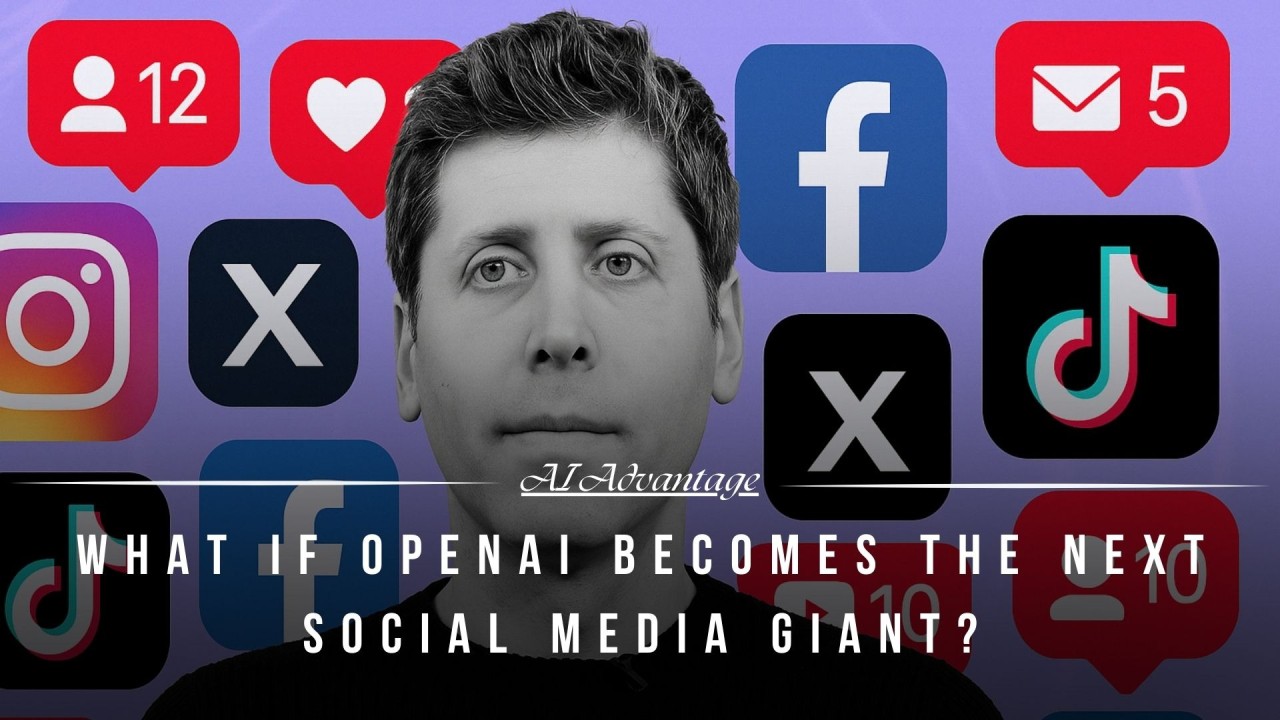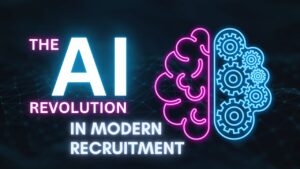In a significant development within the tech industry, OpenAI, the organization renowned for its advancements in artificial intelligence, is reportedly venturing into the social media domain. This initiative aims to create a platform that could rival existing giants like Elon Musk’s X (formerly Twitter) and Meta’s suite of social applications.
Genesis of the Project
Reports indicate that OpenAI is in the early stages of developing a social media platform, with an internal prototype already in existence. This prototype features a social feed centered around ChatGPT’s image generation capabilities, allowing users to create and share AI-generated visuals. CEO Sam Altman has been actively seeking external feedback on this concept, though it’s still unclear whether the final product will be a standalone application or integrated into the existing ChatGPT app.
Strategic Motivations
Sponsored
OpenAI’s move into social media appears to be driven by several strategic considerations:
- Data Acquisition for AI Training: Social media platforms are rich sources of real-time, user-generated content, which is invaluable for training AI models. By establishing its own platform, OpenAI could gain direct access to a continuous stream of fresh data, enhancing the performance and relevance of its AI systems.
- Competitive Positioning: With competitors like xAI and Meta integrating AI into their platforms, OpenAI’s entry into social media could level the playing field, allowing it to compete more effectively in both AI development and user engagement.
- User Engagement and Retention: A social media platform could serve as a new avenue for user interaction, increasing engagement with OpenAI’s technologies and fostering a community around its AI tools.
Implications for the AI and Social Media Sectors
OpenAI’s potential social media platform could have far-reaching implications:
- Redefining Content Creation: By integrating AI-generated content into social feeds, the platform could blur the lines between human and machine-generated media, prompting discussions about authenticity and creativity.
- Data Privacy and Ethics: The collection and use of user data for AI training raise important questions about privacy, consent, and ethical data usage, which OpenAI would need to address transparently.
- Market Dynamics: The entry of a new player into the social media space could disrupt existing market dynamics, challenging established platforms and potentially leading to innovations in user experience and content moderation.
Challenges Ahead
Despite the potential benefits, OpenAI faces several challenges:
- Platform Development and Maintenance: Building and maintaining a social media platform requires significant resources and expertise, particularly in areas like content moderation, user safety, and scalability.
- User Adoption: Attracting and retaining users in a saturated market will be a significant hurdle, necessitating unique value propositions and effective marketing strategies.
- Regulatory Compliance: Navigating the complex landscape of data protection laws and content regulations across different jurisdictions will be essential to avoid legal pitfalls.
Conclusion
OpenAI’s exploration into social media represents a strategic expansion of its AI ecosystem, aiming to harness user-generated content for AI training while offering new avenues for user engagement. While the project is still in its infancy, its development will be closely watched by industry observers, given its potential to reshape the intersection of AI and social media.



